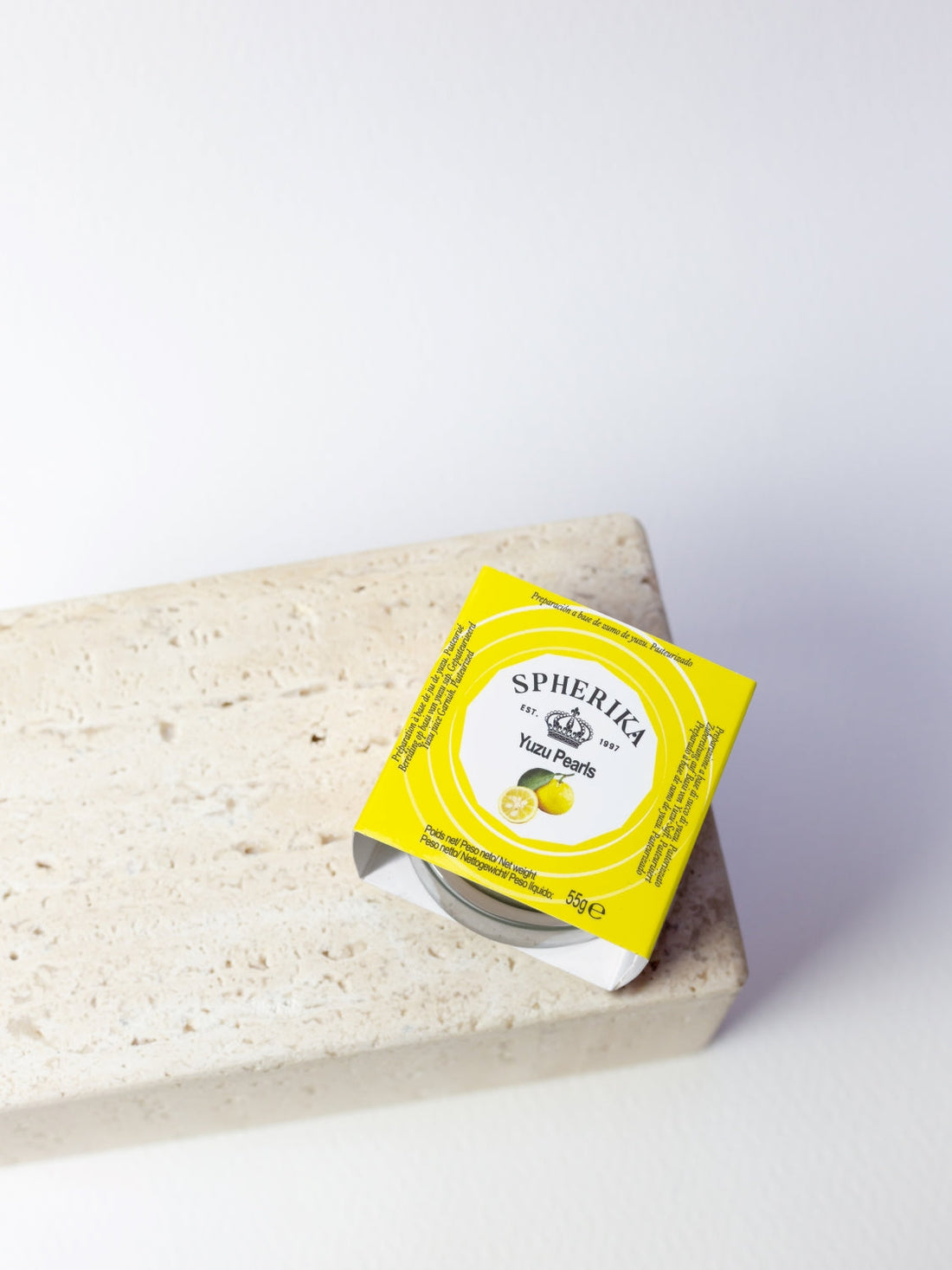In the world of gastronomy, there are ingredients that spark the curiosity and wonder of chefs and food lovers alike. One of those culinary treasures is yuzu , a citrus fruit of Asian origin that has conquered the palate of the entire world with its unique and versatile flavor. In this post, we will delve into the fascinating world of yuzu, exploring its origins , its aromatic properties and its multiple applications in cooking . Get ready for a sensory journey through the nuances and charm of this small fruit that is revolutionizing the culinary world. We encourage you to try it in your recipes .
What is yuzu and what is it for?
Yuzu is a citrus fruit native to Asia that resembles a small tangerine or lemon in appearance, but its flavor is unique and distinctive . Yuzu is known for its intense aroma and sweet and sour flavor , which combines notes of lemon, mandarin and grapefruit, with a floral and herbaceous touch.
Yuzu has various applications in gastronomy and culinary culture. Some of its most notable uses include:
- Seasoning : Yuzu juice and zest are commonly used as a seasoning in Japanese dishes, such as sushi sauces, marinades, and salad dressings. Its sour and fragrant taste enhances the flavor of foods.
- Drinks : Yuzu is a popular ingredient in mixology, where it is used to create unique and refreshing cocktails. It can also be found in teas, flavored waters and soft drinks.
- Pastries : In pastries, yuzu zest and juice are used in the preparation of cakes, cookies, creams and ice creams to give a citrus and fresh touch to desserts.
- Personal care products : Due to its fragrance and antioxidant properties, yuzu is used in personal care products, such as perfumes or essential oils.
- Traditional Medicine : In some Asian cultures, yuzu is believed to have beneficial health properties, such as strengthening the immune system and relieving symptoms of colds and flu.
Properties and benefits of yuzu
Yuzu is a citrus fruit that offers several properties and health benefits due to its nutritional composition and its content of bioactive compounds . Here are some of the properties and benefits of yuzu:
- Vitamin C : Yuzu is rich in vitamin C, an antioxidant that helps strengthen the immune system, promotes skin health, and contributes to the absorption of iron in the body.
- Antioxidants : In addition to vitamin C, yuzu contains other antioxidants, such as flavonoids and carotenoids, which fight free radicals and help prevent cell damage.
- Anti-inflammatory properties : Some studies suggest that compounds present in yuzu may have anti-inflammatory properties that can help reduce inflammation in the body.
- Aromatherapy : Yuzu essential oil is used in aromatherapy due to its refreshing and relaxing aroma, which can help relieve stress and promote relaxation.
- Culinary potential : Yuzu is a versatile ingredient in cooking and can add sweet and sour flavor and aroma to a variety of dishes and drinks, which can make food more appetizing and nutritious.
It is important to keep in mind that while yuzu offers health benefits, its consumption should be part of a balanced and varied diet . If you have any health concerns or allergies, it is advisable to consult with a health professional before incorporating yuzu or other new foods into your diet.
What is the taste of yuzu?
Yuzu has a unique and distinctive flavor that is characterized by being bittersweet and refreshing. Its flavor profile combines elements of various citrus fruits, making it unmistakable. Here are some of its flavor characteristics:
- Sour : Yuzu is noticeably tart, similar to the flavor of lemon or grapefruit, but with a softer, more balanced acidity.
- Sweetness : Although it is tart, yuzu also has a touch of sweetness that balances its flavor profile and makes it less aggressive than some other citrus fruits.
- Aromatic : Yuzu is very aromatic and has a fresh, fragrant aroma reminiscent of tangerines and citrus flowers.
- Herbaceous : In some yuzu varieties, herbaceous undertones can be found that add complexity to its flavor, similar to fresh herbs.
- Slightly Bitter: Sometimes yuzu can have a slight hint of bitterness in its flavor, which adds to its overall complexity and balance.
The combination of these elements makes yuzu an exceptionally versatile ingredient in cooking, as its flavor can be adapted to both sweet and savory preparations.



